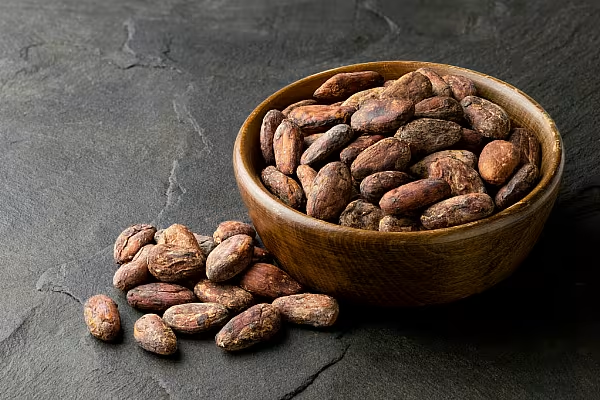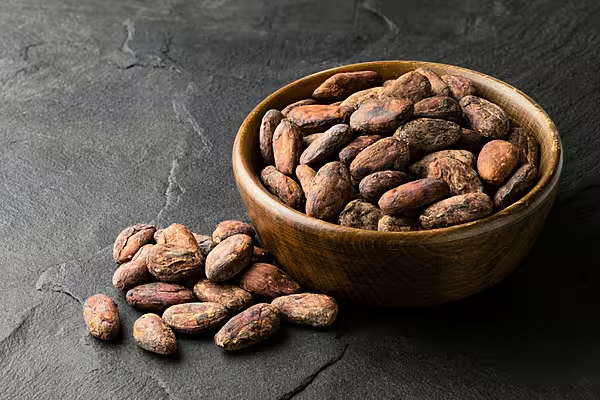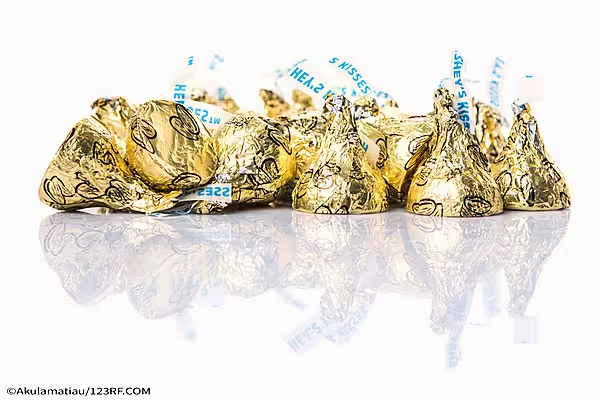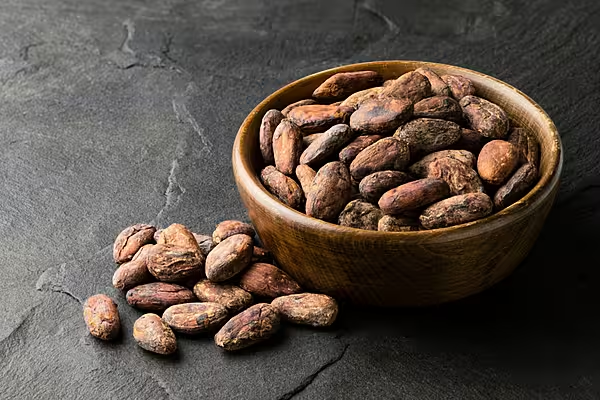Ivory Coast's cocoa regulator has told exporters that a discount for the grading of beans from the mid-crop will not be offered for deferred contracts, according to a letter from the Coffee and Cocoa Council (CCC) dated 24 May.
The discount of 60 CFA francs ($0.10) per kilogram is designed to compensate exporters for tougher grading during the mid-crop season when the beans are smaller and more acidic, making them more difficult to export and requiring more work to grind.
"We hereby inform you that the contracts from the main 2023-2024 season deferred to the 2023-2024 mid-crop season will not after all benefit from the discount," said the letter seen by Reuters on Thursday (30 May).
The deferred contracts amount to an estimated 150,000 metric tonnes, according to data from Ivory Coast's cocoa exporters' association GEPEX.
"This is a dry loss of 9 billion CFA francs ($15 million) for the concerned exporters and that's a lot of money lost in the current situation. It's unacceptable," said the director of an export company based in Abidjan, speaking on condition of anonymity.
Adverse Weather
Disease and adverse weather have led to poor crops in Ivory Coast and Ghana, which produce nearly 60% of the world's cocoa, resulting in a large global deficit in the current 2023-24 season (October-September).
"This is a unilateral decision by the CCC," said the director of another export company based in Abidjan. "It is a huge loss of earnings for small companies like ours for which every franc counts."
The two exporters said scrapping the discount squeezes their bottomline because they still have to pay the farmgate price of 1,500 CFA francs per kg to growers regardless of the grading.
This year the beans are particularly small with a high acidity level due to poor growing conditions.
During the main crop season, grading ranges between 90 and 105 beans per 100 grams, while, during the mid-crop, it ranges between 106 and 150 beans per 100 grams, although the CCC sets a limit of 120 beans per 100 grams.
An exporter based in San Pedro said the current acidity rate stood at 1.75% while the maximum rate was set at 0.75%.
"There is less butter in the beans, which are very acidic," the exporter said.














